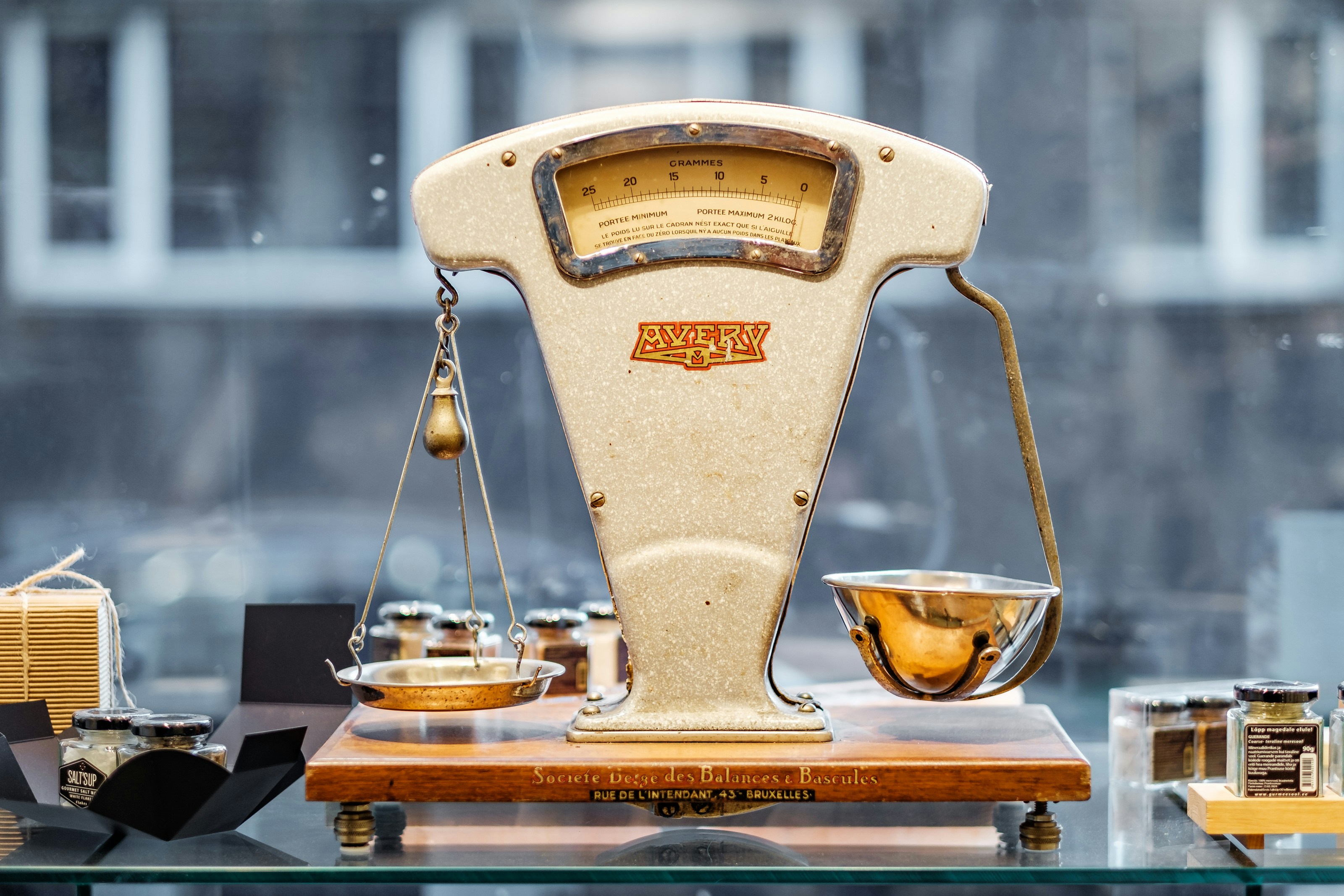In the competitive landscape of the music industry, protecting your name and works as a composer is crucial. Trademarks offer a powerful legal tool to safeguard your professional identity, ensuring that your hard-earned reputation remains intact. This blog post delves into how trademarks can protect composers' names, musical works, and professional branding.

Understanding Trademarks for Composers
A trademark is a recognizable sign, design, or expression that distinguishes products or services of a particular source from those of others. For composers, this could be their name, logo, or even specific elements associated with their brand. By registering these trademarks, composers can prevent others from using similar identifiers that might confuse fans or clients. Find out if your brand is available with Markavo’s free trademark search tool.
Protecting Your Name
Your name is more than just an identifier; it represents your entire body of work and reputation in the industry. Registering your name as a trademark ensures that you have exclusive rights to use it in connection with your musical services and products. This means:
- Exclusive Usage Rights: Only you can use your name for commercial purposes within the music industry.
- Legal Recourse: You have legal standing to take action against anyone who uses your name without permission.
- Brand Integrity: It prevents others from diluting or tarnishing your reputation by associating their inferior work with your name.
Safeguarding Musical Works
While copyrights protect the actual content of musical compositions (the notes and lyrics), trademarks play a role in protecting the titles and distinctive elements associated with these works.
Title Protection
Trademarking the title of a popular song or album can prevent other artists from capitalizing on its success by releasing similarly titled works. This not only protects potential revenue streams but also maintains clarity for consumers about which works are genuinely yours.
Distinctive Elements
If there are unique symbols, logos, or phrases associated with your musical works—such as cover art designs or catchphrases—they can be trademarked to ensure no one else uses them without authorization.
Enhancing Professional Branding
A strong personal brand sets successful composers apart in today's crowded market. Trademarks are integral to building and maintaining this brand identity.
Consistent Brand Image
By securing trademarks on logos and other branding materials (like signature fonts or color schemes), composers ensure consistency across all marketing platforms—from social media profiles to merchandise. This consistent image helps build recognition and loyalty among fans.
Monetization Opportunities
Trademarks open up additional revenue streams through licensing deals. For example:
- Merchandising: Selling branded merchandise like t-shirts featuring trademarked logos.
- Endorsements: Partnering with brands looking to leverage your established identity.
- Collaborations: Ensuring that any collaborative projects respect and enhance rather than dilute your brand value.
Conclusion
For composers navigating today's dynamic music industry landscape, securing trademarks is not merely an option but a necessity. Trademarks provide robust protection for names, musical works' distinctive elements, and overall professional branding efforts—ensuring long-term career sustainability while opening up new avenues for growth and revenue generation. As such investments secure both present achievements & future potentials alike—composers should act now before someone else leverages what rightfully belongs under their creative umbrella!




.webp)
.webp)
.webp)
.webp)





